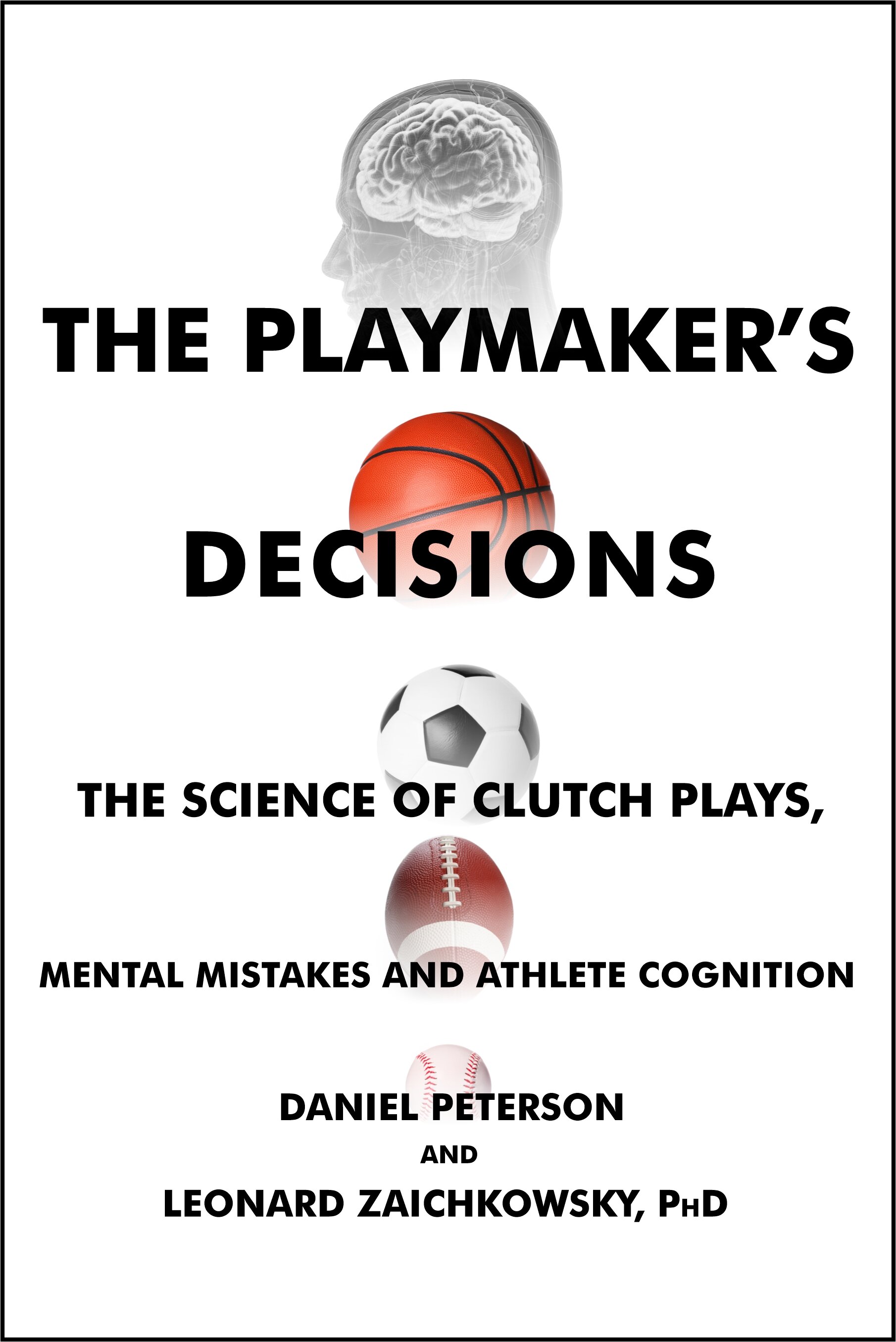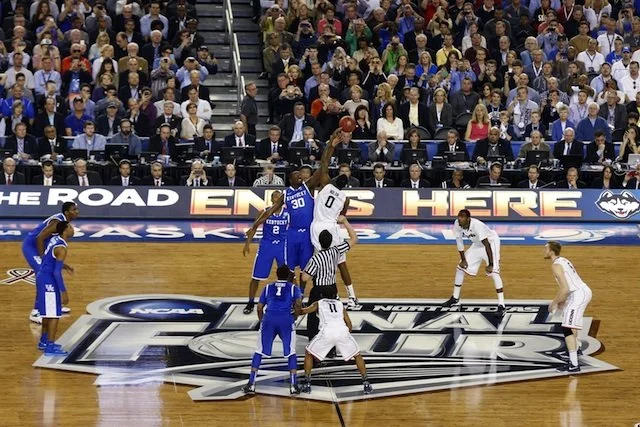Did Pete Rose's Competitive Spirit Drive Him To Gamble?
/
For many young baseball fans, Pete Rose is a name that is better known for being a baseball player banned from the game for gambling rather than the all-time leader in hits, not to mention games played, at-bats and singles.
In 1989, Major League Baseball banned him from the game due to accusations, which Rose later admitted to, of betting on baseball games including on his own team, the Cincinnati Reds, as a player and a manager. While Rose contends that he never bet on the Reds to lose, which would be a conflict of interest, MLB still suspended him indefinitely.
This month, Rose could be seen for the first time as a national baseball analyst on Fox Sports as well as appearing with other prominent members of the Big Red Machine at this year's All-Star game.
Rose, known as one of the most competitive players and managers to play the game now has his gambling passion under control but he joins a list of other top athletes who have struggled with the excitement and risk involved with wagering on just about anything.
Michael Jordan, Charles Barkley, John Daly, Wayne Rooney, and Paul Hornung are just some of the well-known names that have lost millions of dollars betting on sports, poker, slots or even golf games. Of course, having millions of dollars to start with allows these athletes to wager these large sums. But, is there a connection between their highly competitive personalities and the thrill of placing large and frequent bets?
Researchers at Tel Aviv University have been looking at this question for several years. They wanted to find the early seeds of gambling behavior and any correlation with competitive athletes.
"The drive to win underpins both gambling behaviour and competitive sport," said Dr. Belle Gavriel-Fried of Tel Aviv’s School of Social Work. "Most of the research within this area has been conducted on university athletes, but we wanted to dig deeper, find out whether the link between gambling and physical activities began earlier -- before other co-factors emerge -- and we found out that, in fact, it does."
Through surveys, Dr. Gavriel-Fried and her colleagues asked 316 high-school students, aged 14-19, about their sports participation and their gambling habits. They found that those students who participated in multiple competitive sports, versus those that just exercised on their own, were more likely to also participate in gambling type activities, like lotteries, card games and fantasy sports for money.
"Studies conducted on college-age athletes in relation to gambling might be misleading, because the university environment itself has been found to promote risk behaviour," said Dr. Gavriel-Fried. "Here we made a distinction between youths involved in competitive sport and those involved in intensive exercise. The objective of competitive sports is to win as a team, whereas the objective of intensive exercise is to maintain your health and fitness. There was a clear divide between the two groups.”
The researchers recommend that parents be aware of so-called “harmless” activities like small bets or pool-based games. Those may lead to more serious risk taking as the stakes get higher.
"For competitive athletes, there is an intrinsic impulse embedded within -- to win, at all costs. This underpins gambling behavior as well," said Gavriel-Fried.
Pete Rose has learned his lesson and hopes he can still fulfill his dream of being elected to the Baseball Hall of Fame.
“I never gave up as a player, and I won't give up as someone who wants to go to the Hall of Fame, because it's the ultimate goal for a baseball player or a football player or a basketball player,” said Rose. “If somebody is gracious enough to give me a second chance, I won't need a third.”
Organize your team with:












